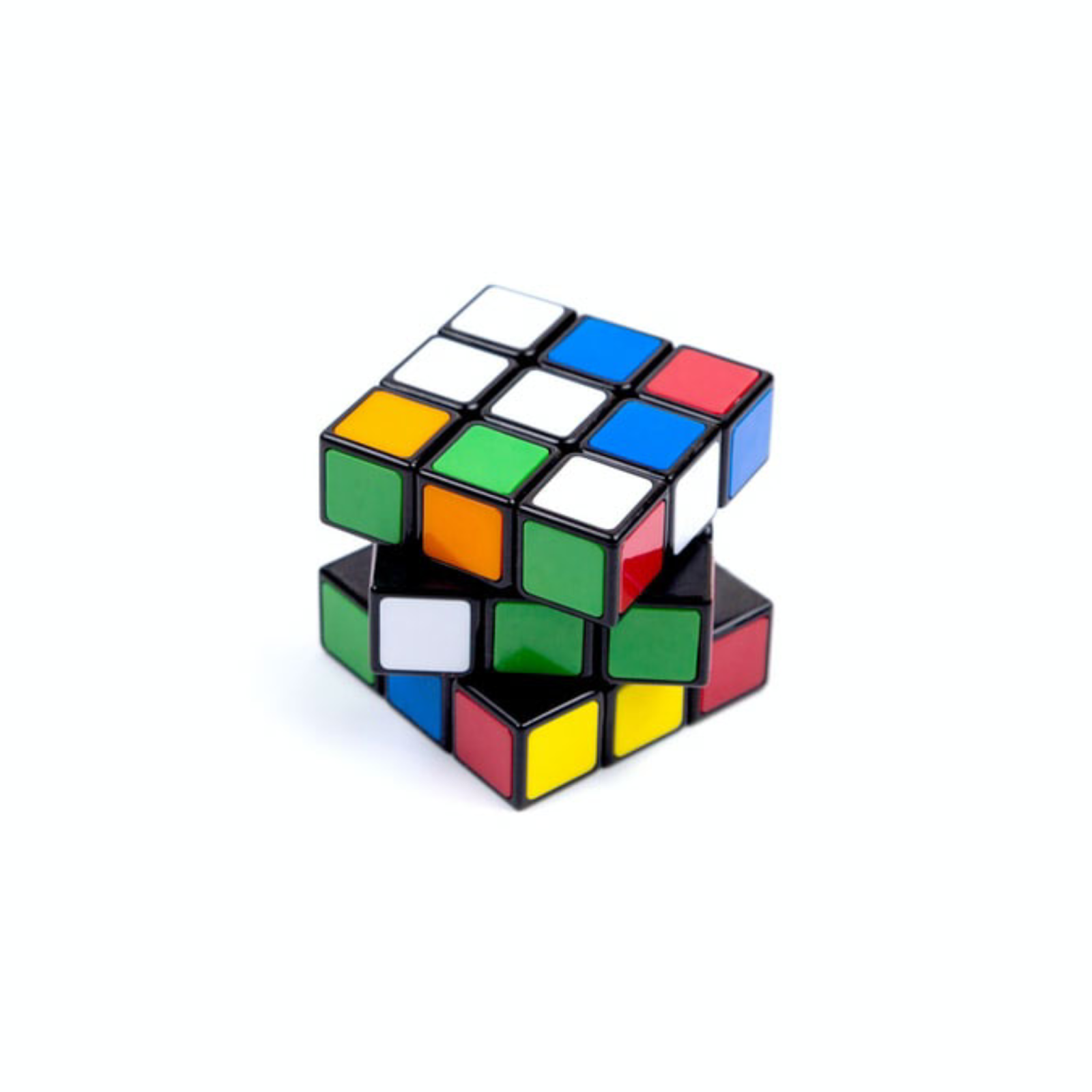NATURE OF ETHICS - 1
Ethics is a science
Science is a systematic and more or less complete body of knowledge about a particular set of related events or objects. A scientific method has the steps of accurate observations, classification, and explanation.Ethics aims at a systematic explanation of its subject matter. It systematically aims at an explanation of rightness and wrongness in human conduct about ideals. It systematically classifies our actions into voluntary, involuntary, moral, non-moral, and evaluates them.
Ethics is a normative science
Every individual has three faculties viz. Cognitive, Affective, and Conative (knowing, feeling, and willing or acting). Human beings seek knowledge and they try to apprehend Truth. They have emotions and they try to create Beauty or harmony. Human beings have the will to transcend facts and they try to realize Good. Thus, there are 3 ideals in human life corresponding to the three aspects of human nature. Truth, Beauty and Good are the Supreme Ideals. Logic, Aesthetics, and Ethics study the ideals of Truth, Beauty, and Good respectively.Logic, Aesthetics, and Ethics study the ideals of human life. Hence they are called normative sciences. A normative science is different from positive science. Physics, chemistry, botany, zoology, etc. are positive or naturalistic or descriptive sciences.
Positive science is concerned with facts. It systematically describes the facts, objects, or events as they are found to exist. A normative science is concerned with ideals, the values of the facts.
A positive science tells us how a particular object 'is'. A normative science pronounces how something “ought to be”.
A positive science provides an explanation of facts by discovering the causes and the stages of development. A normative science does not provide any explanation of ideals.
A natural science gives descriptive judgments while a normative science gives appreciative judgments.
The function of a descriptive science is that of measurement while the function of a normative science is that of evaluation.
The conclusions in positive sciences can be established by their relation to facts. The ideals in normative science cannot be proved. In other words “values” cannot be proved; they are to be approved.
Human “Reason” plays a dominant role in positive sciences. Human intellect observes, describes, and classifies facts. It is our reason that discovers the uniformities among facts and propounds the laws. In normative sciences human 'Will' plays the dominant role. We can never explain or prove how’ the symphony of Beethoven is divine.
Ethics is the science of ideals involved in human conduct
Ethics is speaking, the science of customs or habits. Habits are the settled dispositions of character. Character is the inner bent of the mind while conduct is the outer expression.Conduct is the adjustment of acts to ends. It is a purposive activity. Conduct is the assimilation of choice of Ends and choice of means with some purpose. Thus Ethics is the science of ideas (Ends) involved in human conduct.
Ethics evaluates human action
Ethics is a discipline which considers human actions from the viewpoint of ethical norm or standard. It studies what is good or right in human conduct. Ethics evaluates conduct about the Summum Bonum of a human being.Two words 'Right' and 'Good' are used for the evaluation of human action. The word 'Right' is derived from the Latin word 'Rectus' which means straight or according to rule. So Ethics is concerned with these principles or rules which make human conduct right or straight. In other words, the human action is said to be right, when it is by the rule e.g. the rules of traffic. The rules are made for some purpose for the rules are not end in themselves. They are a means of seeking higher goals.
The word 'Good' is derived from the German word 'Gut' which means serviceable or valuable for some end. So Ethics is concerned with goals or ideals, which make human conduct good. The human actions are said to be good as they are various aims of individual life. For example, speaking truth.
In this way, by the goals and by the means to goals, Ethics evaluates human conduct.
POST BY




Great thought. Excellent blog post. Thanks for sharing this information with us. Ge t to know about the best medical diagnosis laboratory in Kerala.
ReplyDeleteInteresting article. Great work. I would like to say thank you for sharing this knowledge with us. Know about the best cancer specialist & imaging centre in Kerala.
ReplyDelete